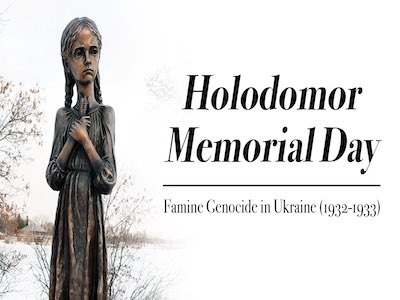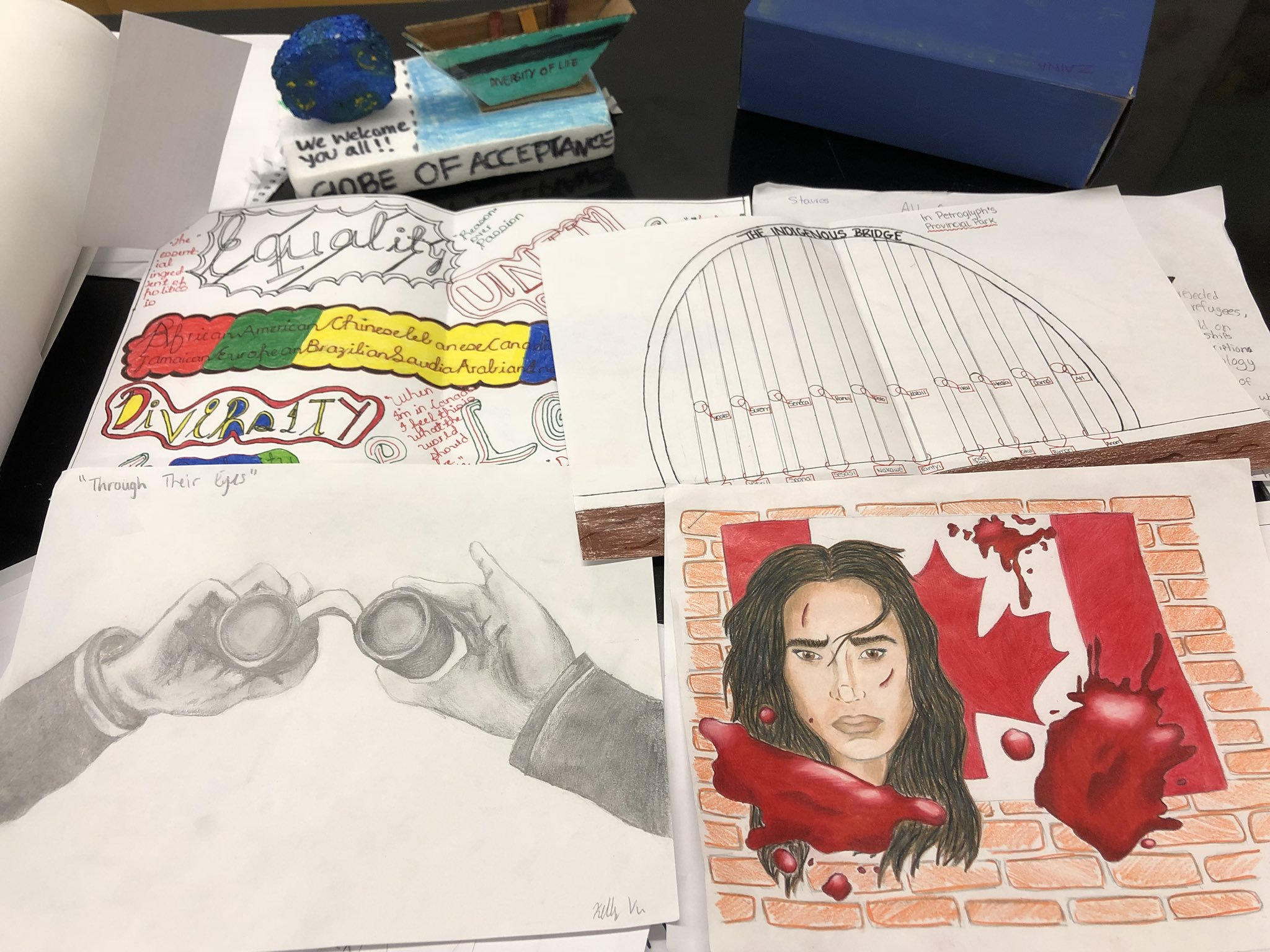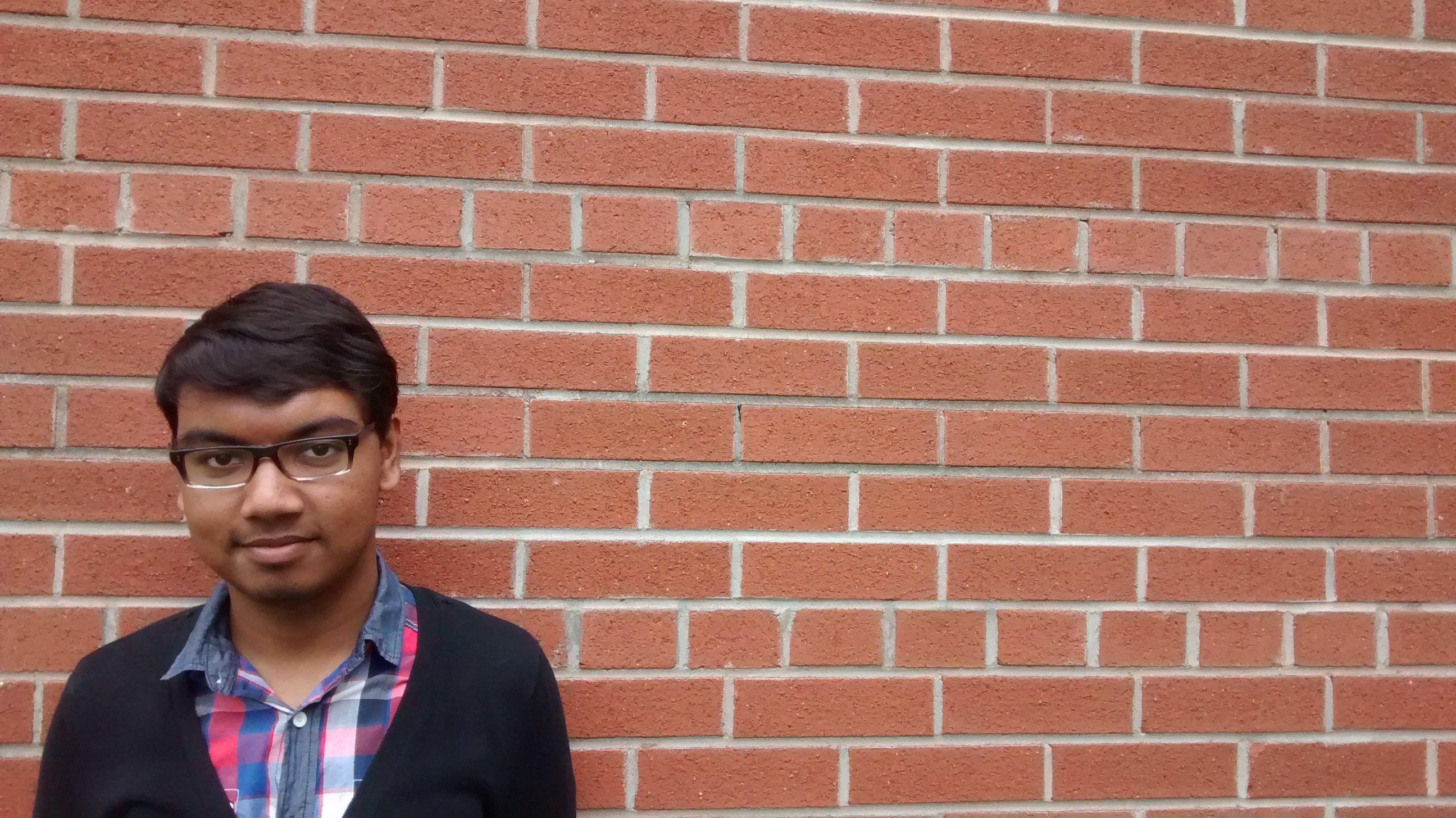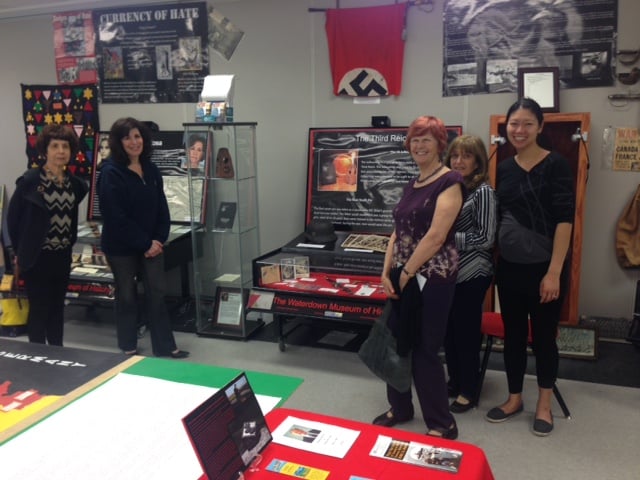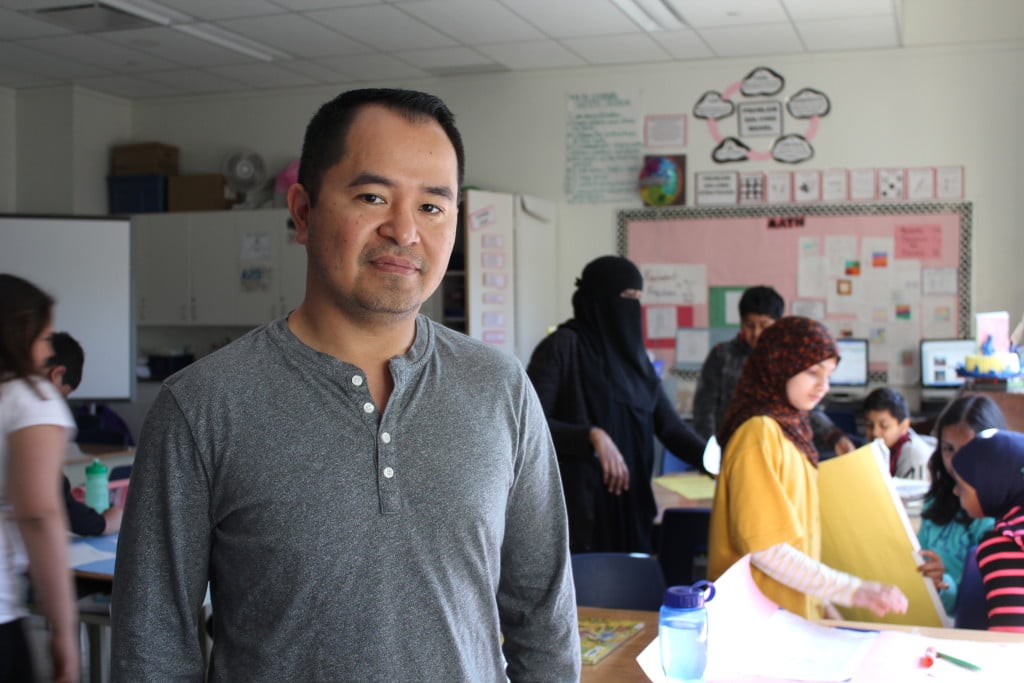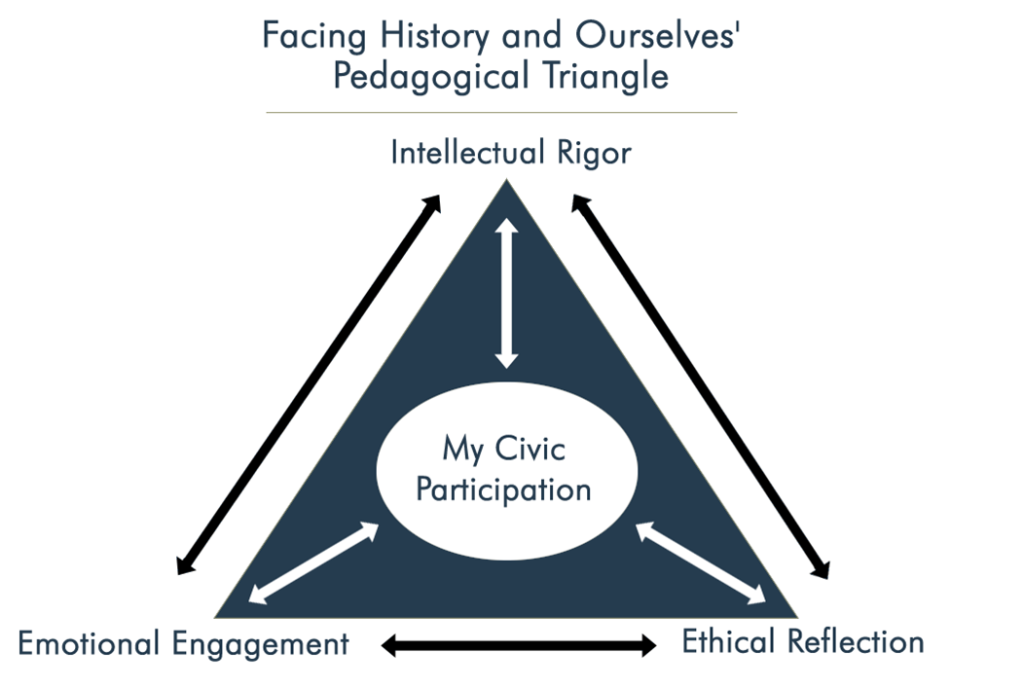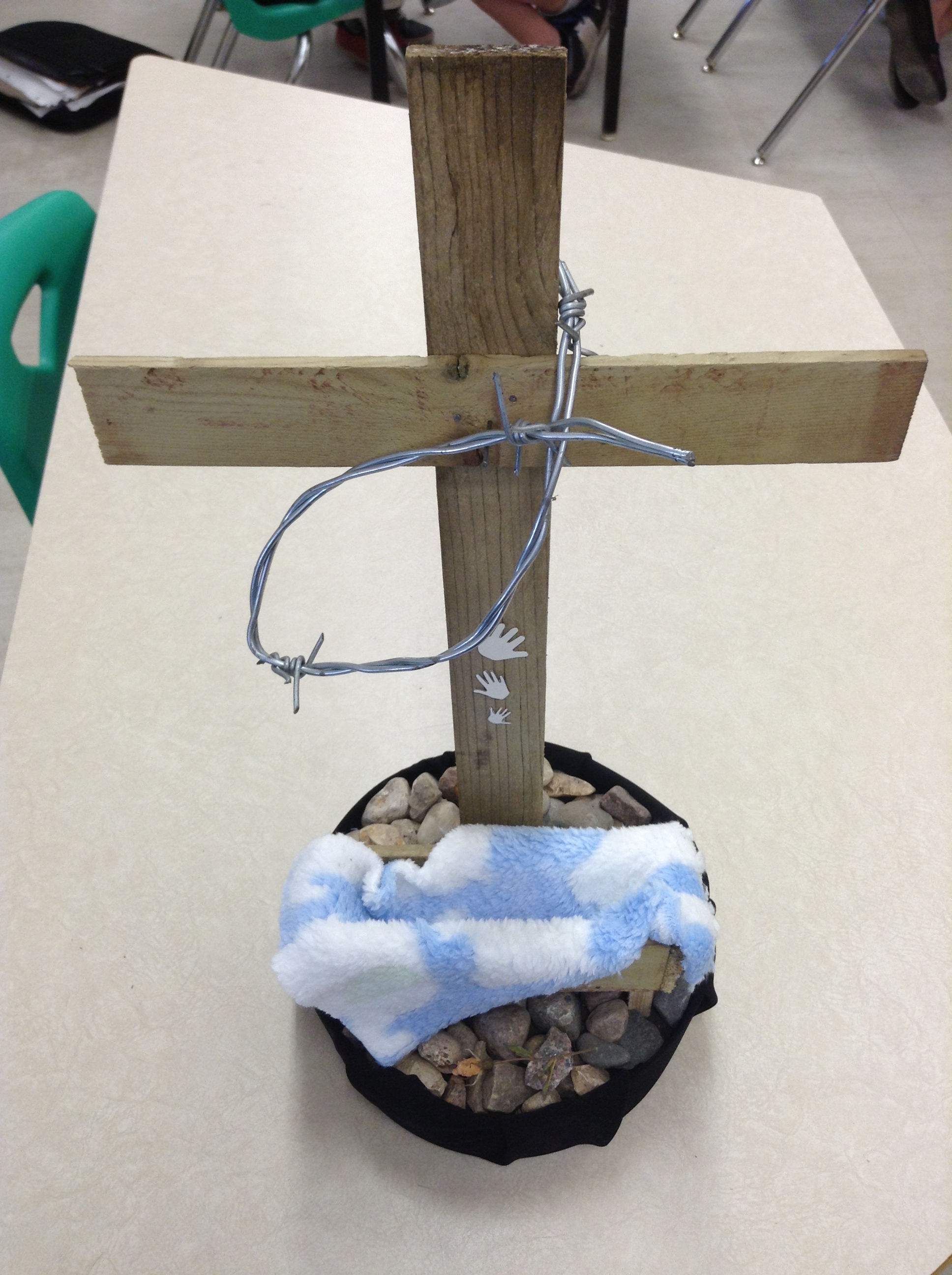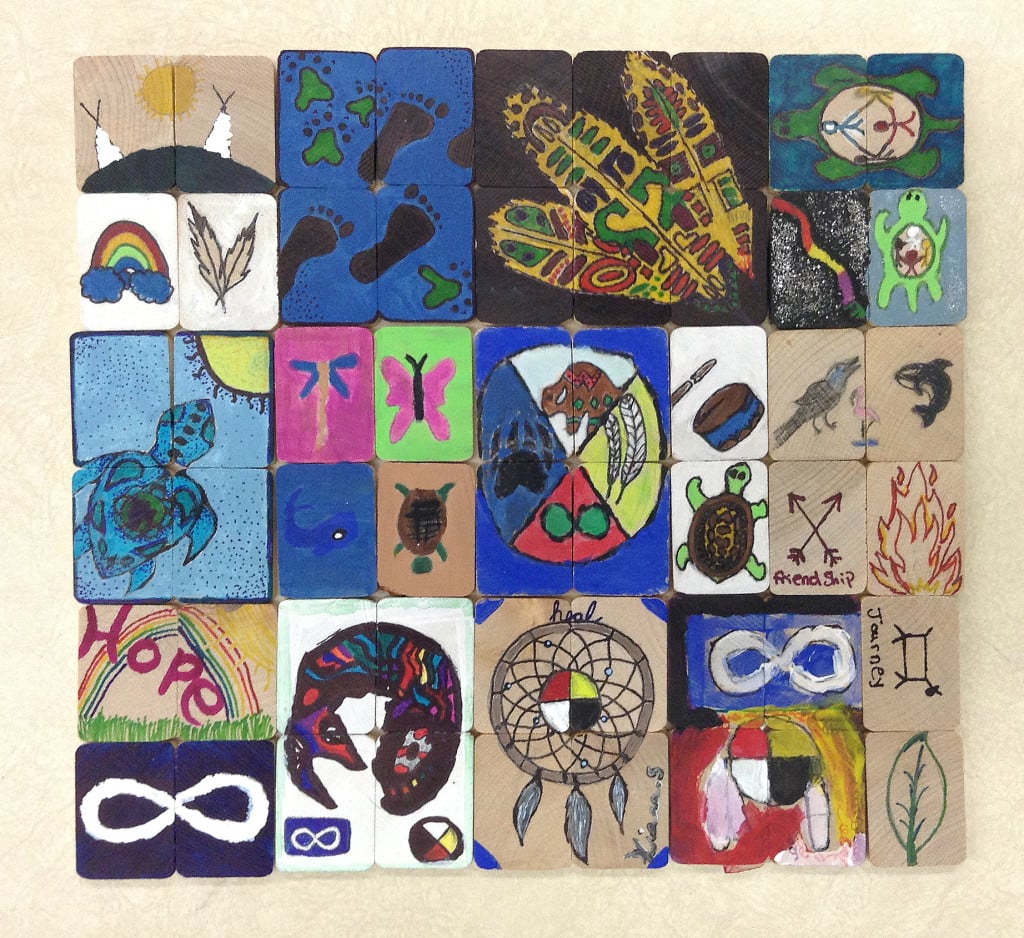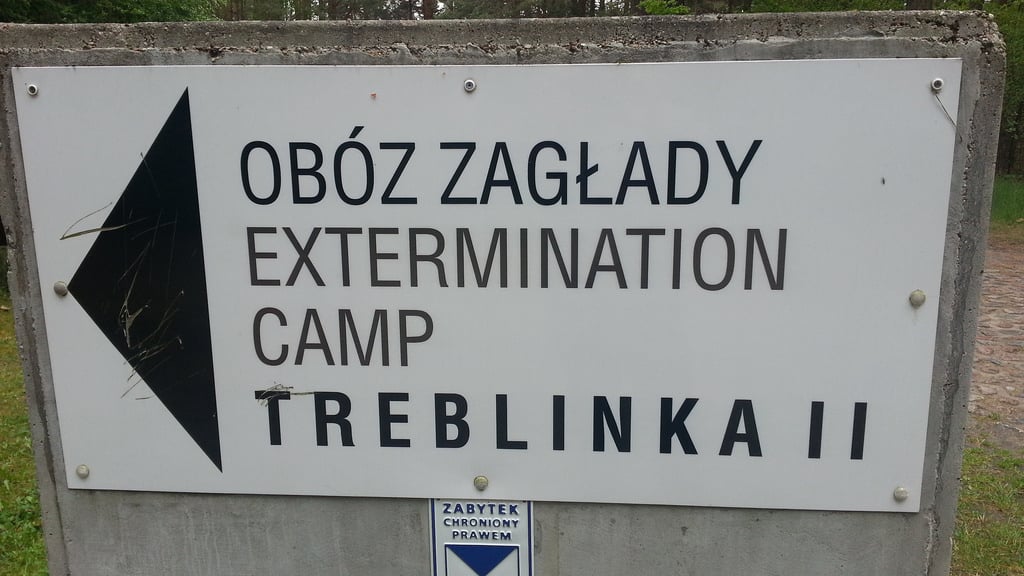This blog is Part 2 of Teaching about The Holodomor. We recommend reading through Part 1 of the blog, Teaching about The Holodomor, as it provides a meaningful way to teach about the man-made famine inflicted upon Ukrainians by Joseph Stalin and the Soviets. You can use the contents of that blog as a way to learn and/or teach about The Holodomor before engaging in Holodomor Memorial Day in Schools.
Topics: Memorials, Genocide/Collective Violence, Memorial, Inside a Genocide Classroom, Holodomor
Going Beyond Canada 150: Memorial Design as a Course Culminating Task
Posted by Mike Elias on October 29, 2018
Why is studying history relevant?
Canada Day, Independence Day, Bastille Day. Theses are days of celebration. People gather, wave flags, watch fireworks, and enjoy a long weekend in celebration. But what exactly are these days in celebration of? Why do we mark particular days with significance? Are these days equally as important for all people? Why do we honour the people we do? Are these people significant for all groups and generations? Can we change the way we remember individuals or honour new ones in light of new information?
Topics: Student Voices, Holocaust Education, Memorial, Student Work, legacy, Grade 10 History, CHC, Black History, Decolonizing Schools, culminating
Valerie Simmons was born in London, England in 1921. She has been writing poetry since she was six years old. At the beginning of WWII she worked in a first aid post dealing with Blitz casualties. When the Battle of Britain ended she joined the Women’s Air Force (WAF) where she was an admin officer throughout England and in Egypt. After the war she earned a BA from London University and went on to get her teaching qualifications. She has taught and worked in libraries.
Topics: Art, Choosing to Participate, Events, Identity, Facing History and Ourselves, Canada, Memorial, current events, legacy, Remembrance Day, English Classroom, Personal history
As an educator I often wonder what students remember once they have left my classroom. It is my hope that when they leave they take with them critical thinking skills, the ability to engage in difficult conversations, and a deeper understanding of how we are all connected - in the past, present, and future. Through all of my various attempts to learn from my students what they are getting out of their Facing History and Ourselves class, I have found that the best way to find out what students are learning is to ask them.
Each year, at the end of our grade 11 elective Facing History and Ourselves course, Genocide and Crimes Against Humanity, we take the time to reflect on our learning and ourselves. This year a group of students from my classroom chose to participate in a reflective interview process in lieu of their final journal entry assignment, and agreed to share their reflections.
Below, as inspired by the popular blog Humans of New York and the Facing History project, Humans of the Woodlands, you'll have the chance to glimpse into the classroom learning and life of a few of my Facing History and Ourselves students.
Topics: Choosing to Participate, Identity, History, Holocaust Education, Memorial, We and They, Culturally Responsive and Relevant Pedagogy, legacy, Genocide and Crimes Against Humanities Course, Holocaust and Human Behaviour, Inside a Genocide Classroom, Social Justice, Personal history, reflection
In 2013, Waterdown District High School teacher Robert Flosman applied for and won a Margot Stern Strom Innovation Grant to create a Museum of History in his classroom as a way to engage students deeply and differently in the study of history. In November 2014, he wrote a post for this blog describing his museum. One year later, Rob has more to tell us about the museum Facing History and Ourselves’ grant made possible.
Topics: History, Canada, Innovative Classrooms, Museum Studies, Margot Stern Strom Innovation Grants, Memorial, Genocide and Crimes Against Humanities Course
A Classroom Project with Community Impact: The Regent Park Immigrant Memorial Project
Posted by Jasmine Wong on May 26, 2015
Earlier in May, Facing History and Ourselves announced the 2015 winners of our annual Margot Stern Strom Innovation Grants. Facing History selected nine projects, all of which focus on collaborative learning, and were selected from a pool of international applications for their potential to inspire students to make a difference.
Topics: Facing History Together, Canada, Innovative Classrooms, Margot Stern Strom Innovation Grants, Memorial, Middle School
5 Remembrance Day Lesson Ideas That Deepen Student Learning
Posted by Jasmine Wong on November 9, 2014
Remembrance is an act of humanity and it is about humanity. At Facing History and Ourselves, we often ask ourselves, How do we help students (and ourselves) to remember more than names, dates, and battles? How do we help students to connect to the humanity: the people behind the names, the lives, ideas, and cultures lost, and the legacies that extend beyond the signing of a treaty that signals the end of war?
Topics: Facing History Together, Facing History and Ourselves, History, Canada, Memorial, Middle School, Lesson Ideas, Literature
Memorializing the Armenian genocide.
I have always been fascinated by the creation of – and purpose behind – memorials and monuments. I can appreciate the level of thought and detail that goes into each and every design.
Topics: Art, Facing History Resources, Memorial, Genocide and Crimes Against Humanities Course, Lesson Ideas
Six years ago, Prime Minister Stephen Harper made a public apology on behalf of all Canadians for the residential schools the government of Canada created in the 19th century that plagued the fabric of Canadian history for generations to come. Between 1880 and 1996, more than 150,000 First Nations, Inuit, and Métis children were forced into Indian residential schools and thousands did not survive. Those that did survive suffered a loss of language, culture, family, and self. Many suffered abuse at the hands of those who were supposed to care for them.
Topics: Art, Choosing to Participate, Human Rights, History, Innovative Classrooms, Memorial, We and They, Culturally Responsive and Relevant Pedagogy, Social Justice
This week, our office director Leora, along with several other Facing History staff and board members, are traveling in Poland as part of a learning trip. Over the course of nine days, they are exploring questions about history, memory, and legacy that are at the core of our work. With the help of Polish and Jewish scholars, witnesses to history, community activists, politicians and journalists, as well as organizations that have worked with Facing History throughout the past 25 years, they will be challenged to think in new ways as we confront the past and struggle with questions about the present and future. On Monday, Leora and the group visited the Treblinka extermination camp. Read her thoughts here:
Topics: Antisemitism, Facing History Resources, Holocaust, History, Museum Studies, Holocaust Education, Memorial, Personal history

